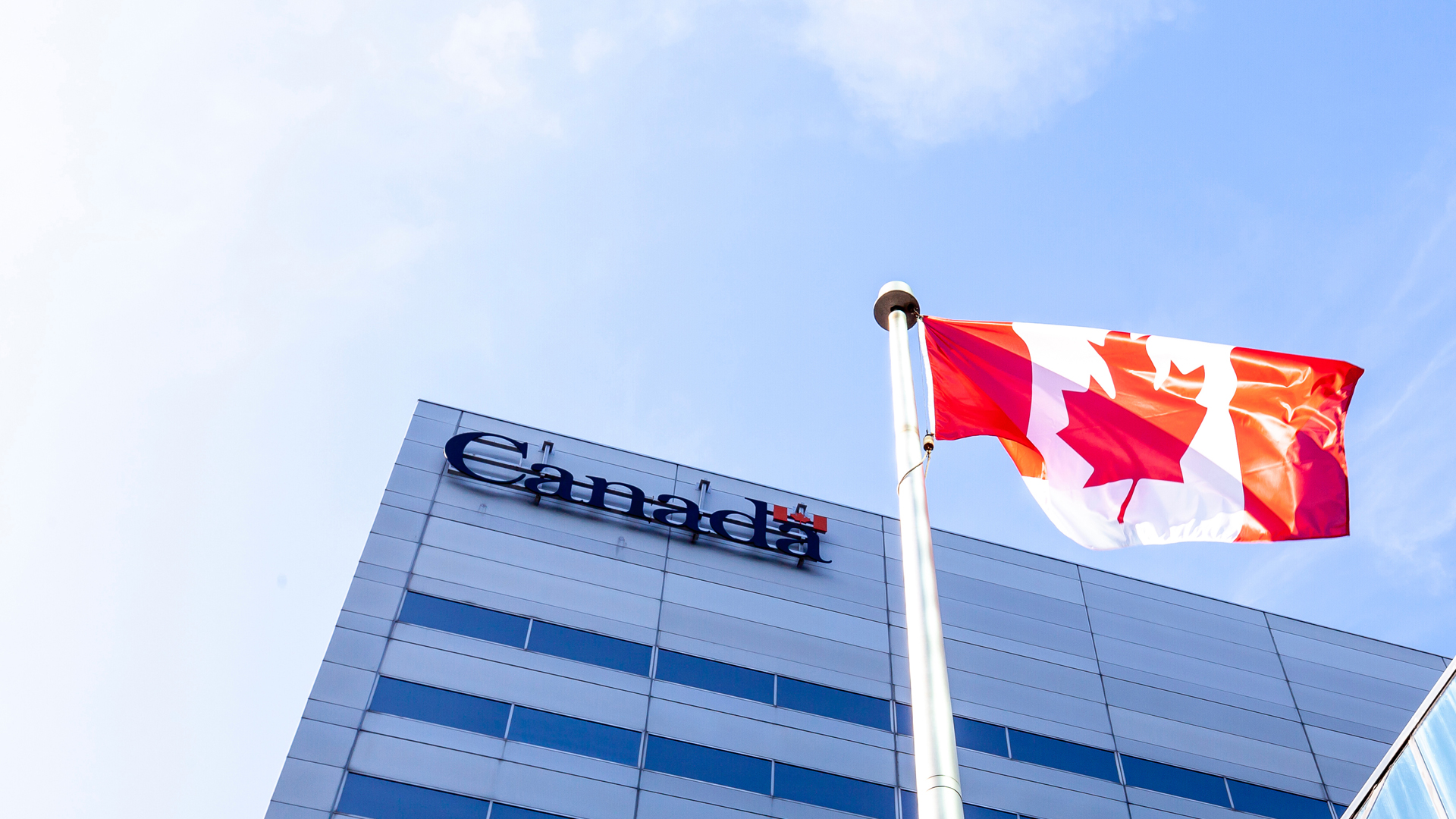Unelected Canadian bureaucrat believes that behavioural science is an important policy tool
It was discovered that most Canadians distrust institutions, as per research conducted by the Canadian Behavioural Insights Team in collaboration with a global policy advisory group.

The Canadian Behavioural Insights Team has partnered with an intergovernmental policy advisory group to discuss future policy decisions. Behavioural science is being studied for future policy development, through a collaborative effort between the Canadian government and the Organization for Economic Co-operation and Development (OECD).
Through their collaborative efforts, it was discovered that the majority of Canadians do not trust federal institutions to tell the truth.
It’s a “first of its kind” initiative that is “only made possible by a partnership between governments and international organizations seeking to apply behavioural science,” said Kelly Bidwell, the U.S.-based Director of the Office of Evaluation Science (OES).
The Canadian government has partnered with an intergovernmental global policy forum & advisory group (OECD) to study individual behaviour and how it shapes the sharing and spreading of what they deem mis/dis-informationhttps://t.co/T1ZAS1uTQi pic.twitter.com/XrK2j28I48
— Tamara Ugolini 🇨🇦 (@TamaraUgo) January 24, 2023
Dr. Lauryn Conway, the Senior Lead at Canada’s Behavioural Science Unit, notes how quickly her unit pivoted to support a government-led COVID response. They tracked behaviours through COSMO, a World Health Organization (WHO) behavioural insights tool, and studied how “beliefs” in false claims affected things like vaccine uptake.
Dr. Lauryn Conway, Senior Lead for Canada's Behavioural Science unit, notes they pivoted quickly to support gov led COVID-response, tracked behaviours through COSMO study & how "beliefs" in false claims affected vaccine uptake
— Tamara Ugolini 🇨🇦 (@TamaraUgo) January 24, 2023
I discuss COSMO here: https://t.co/ol79D7VUrg pic.twitter.com/SSeFqZLUHL
According to Rodney Ghali, Assistant Secretary to the Cabinet at Canada’s Privy Council Impact and Innovation Unit, behavioural science is an important policy tool. He says that misinformation is a symptom of a larger issue – public distrust in government.
Rodney Ghali, Assistant Secretary to Cabinet @ Impact & Innovation Unit at Canada's Privy Council, thinks that behavioral science is an important policy tool, says misinformation is a symptom of distrust in government
— Tamara Ugolini 🇨🇦 (@TamaraUgo) January 24, 2023
Censorship doesn't uphold democracy, https://t.co/T1ZAS1uTQi pic.twitter.com/pzLJrHfmvc
The report, titled "Misinformation and Disinformation,” solicited questionnaire responses from 1,872 Canadians. Respondents were grouped into three categories: Non-Trusting, High (Social Media) Trusting, and Institution Trusting.
Of the sample, 22.5% were non-trusting, 34.6% had high trust in social media, and 42.9% had high institutional trust.
That means that roughly 57% of respondents were either non-trusting or put more trust in social media, family and friends than in government and institutions.
While the Justin Trudeau Liberals move to institute online censorship legislation known as Bill C-11, which will see the internet regulated like never before, behavioural insights teams are working to increase nudge rewards for compliance with whatever they deem to be in your best interest.
During a “Behavioural Science for Better Health” strategic roundtable, Tam refers to APPs that nudge people toward healthy behaviour & rewards them w badges. Ties this in with Gov looking to regulate social mediahttps://t.co/T1ZAS1uTQi pic.twitter.com/9RjOUADOB0
— Tamara Ugolini 🇨🇦 (@TamaraUgo) June 24, 2022
Don't Get Censored
Big Tech is censoring us. Sign up so we can always stay in touch.









